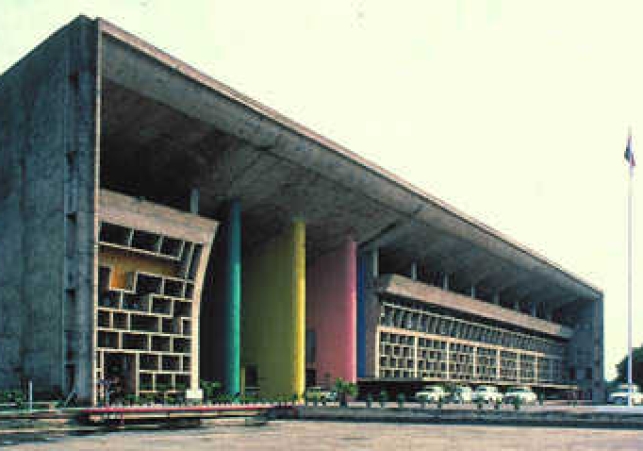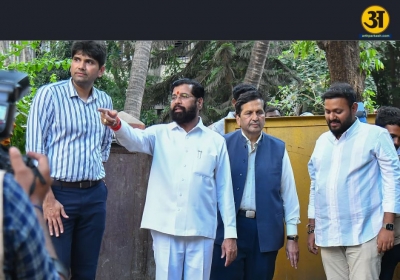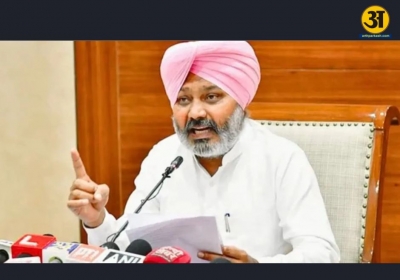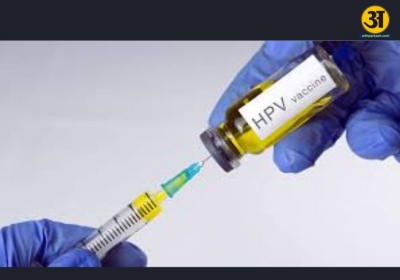
Punjab and Haryana High Court Intervenes in Halt of Demolition Drive
Punjab and Haryana High Court Intervenes in Halt of Demolition Drive after Communal Clashes in Haryana
The Punjab and Haryana High Court has taken proactive steps to address the aftermath of communal clashes that erupted in the Nuh district of Haryana. The Court has intervened to halt a demolition drive that followed the recent violence. Additionally, the Court's attention has turned towards the interpretation of the remand period in police custody, contributing to clarifications about detainees' rights.
Halting the Demolition Drive
The Punjab and Haryana High Court, through a suo motu cognizance, has paused the demolition drive conducted in Haryana's Nuh district. The decision was made in response to the outbreak of communal clashes that disrupted the peace and safety of the region. The Court, led by Justice GS Sandhawalia, has taken a proactive stance to address the situation and ensure a fair and considered approach to dealing with the aftermath of the violence.
Communal Clashes and Subsequent Actions
The Nuh district of Haryana witnessed a disturbing outbreak of communal violence on July 31, ignited by rumors surrounding a VHP (Vishwa Hindu Parishad) procession and cow vigilante Monu Manesar's alleged participation. The clashes resulted in a tragic loss of life, with at least five individuals losing their lives, and numerous others, including police personnel, sustaining injuries. Following the violence, the administration initiated a demolition drive, resulting in over 700 structures being razed over a four-day period.
Interpreting the Remand Period
In a separate legal development, the Supreme Court addressed a critical matter pertaining to police custody and remand periods. The Court examined the interpretation of the remand period within police custody, particularly in cases related to the Prevention of Money Laundering Act (PMLA). The Court's analysis revolved around the provision of Section 167(2) of the Criminal Procedure Code (CrPC) and its application to detainees' rights.
ALSO READ:
Clarity on Remand Period
The Supreme Court clarified that no provision within the Criminal Procedure Code (CrPC) mandates a restriction of police custody to only the first 15 days after an arrest. The Court highlighted that the remand period of 15 days can extend throughout the investigation period, which is typically 60 or 90 days as determined by the investigating agency. The Court emphasized that this interpretation was consistent with the current version of the CrPC, enacted in 1973, and aimed to balance an individual's liberty with the needs of proper investigation.
Distinction of Custody
Furthermore, the Court emphasized that the term 'custody' mentioned in Section 167(2) of the CrPC encompasses not only police custody but also the custody of other investigating agencies. The Court underscored that any external factors or circumstances, beyond the control of the investigating agency, which curtail the 15-day custody, would not serve as a restriction.
Reconsideration and Application
The Supreme Court's clarification marked a departure from its previous ruling in 1992, indicating the need for reconsideration of the prior decision. The Court expressed that the earlier ruling might have been influenced by the 1898 version of the CrPC, which limited the investigation period to 15 days. In light of the current legal framework, the Court emphasized that the maximum 15-day custody applies to the entire investigation period.
The Punjab and Haryana High Court's intervention to halt the demolition drive reflects a commitment to ensuring justice and fairness in the wake of communal clashes. Additionally, the Supreme Court's clarification on the remand period underscores the importance of a balanced approach to detainees' rights during investigations. These legal developments illustrate the judiciary's dedication to upholding the rule of law and safeguarding the rights of individuals in India's legal landscape.





